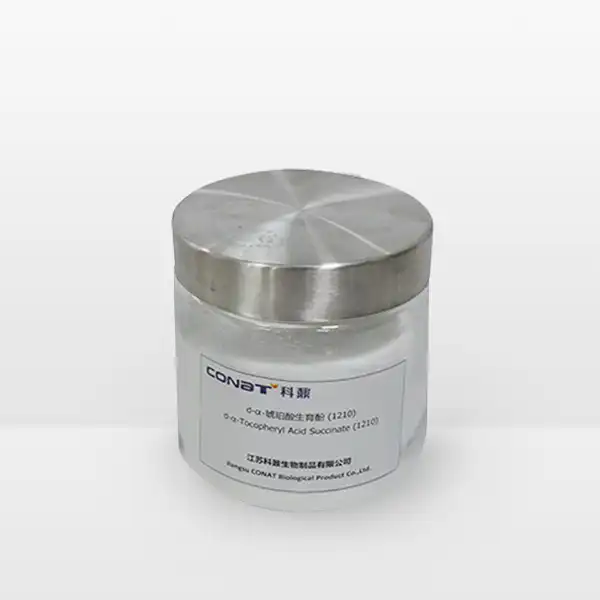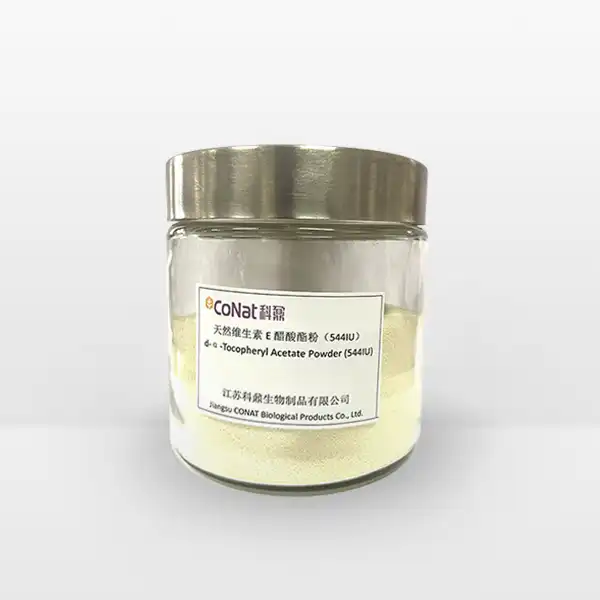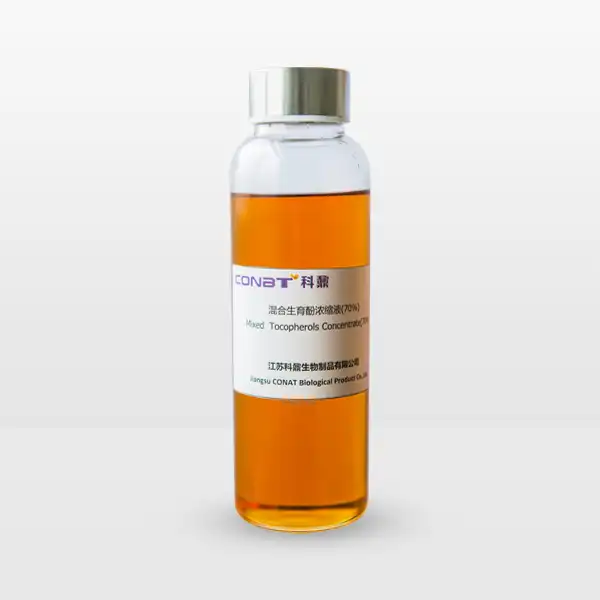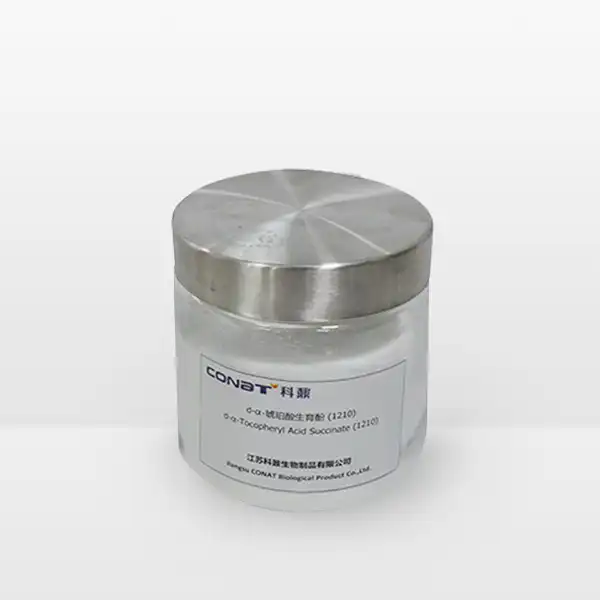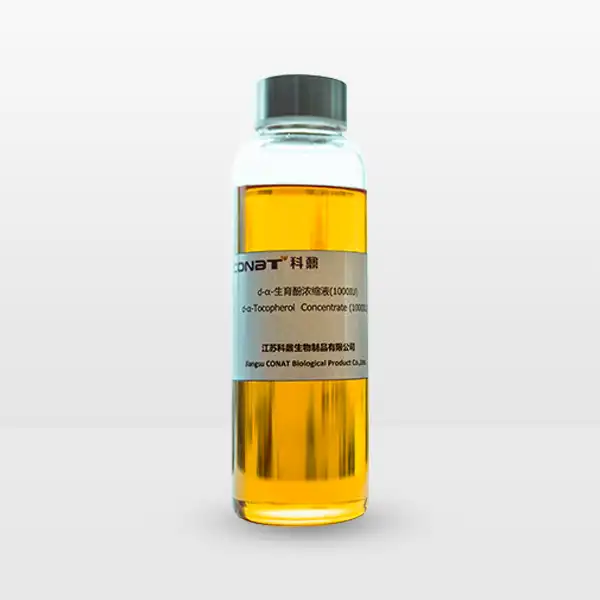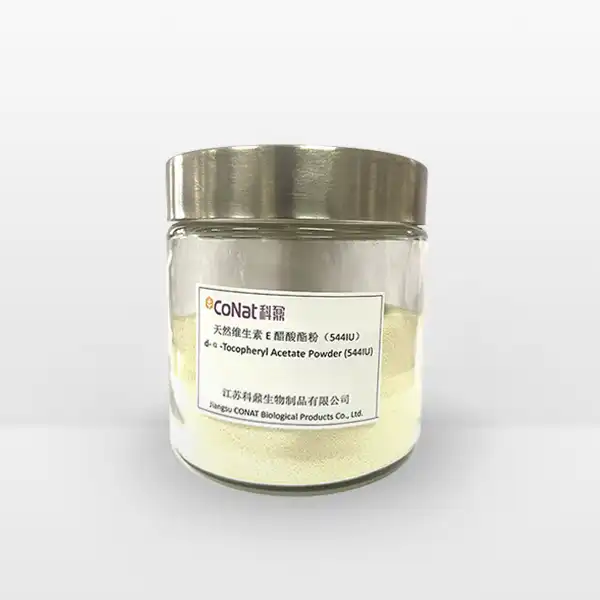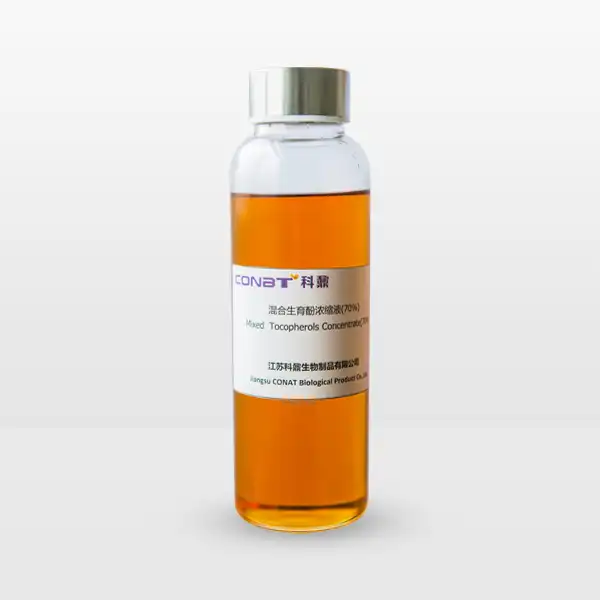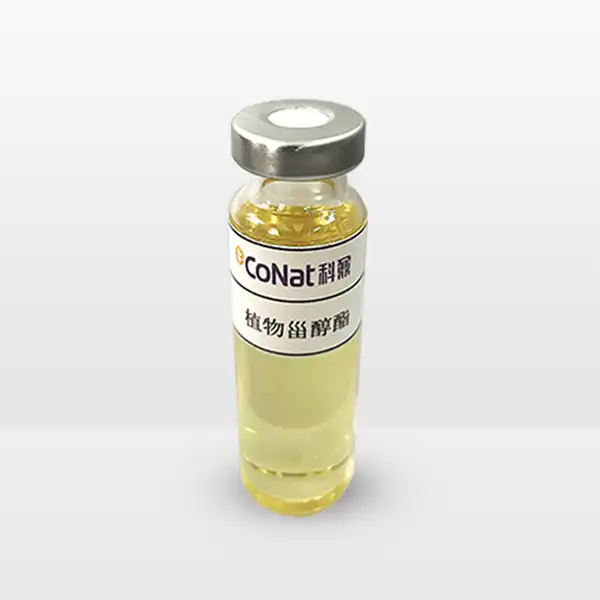- English
- French
- German
- Portuguese
- Spanish
- Russian
- Japanese
- Korean
- Arabic
- Greek
- German
- Turkish
- Italian
- Danish
- Romanian
- Indonesian
- Czech
- Afrikaans
- Swedish
- Polish
- Basque
- Catalan
- Esperanto
- Hindi
- Lao
- Albanian
- Amharic
- Armenian
- Azerbaijani
- Belarusian
- Bengali
- Bosnian
- Bulgarian
- Cebuano
- Chichewa
- Corsican
- Croatian
- Dutch
- Estonian
- Filipino
- Finnish
- Frisian
- Galician
- Georgian
- Gujarati
- Haitian
- Hausa
- Hawaiian
- Hebrew
- Hmong
- Hungarian
- Icelandic
- Igbo
- Javanese
- Kannada
- Kazakh
- Khmer
- Kurdish
- Kyrgyz
- Latin
- Latvian
- Lithuanian
- Luxembou..
- Macedonian
- Malagasy
- Malay
- Malayalam
- Maltese
- Maori
- Marathi
- Mongolian
- Burmese
- Nepali
- Norwegian
- Pashto
- Persian
- Punjabi
- Serbian
- Sesotho
- Sinhala
- Slovak
- Slovenian
- Somali
- Samoan
- Scots Gaelic
- Shona
- Sindhi
- Sundanese
- Swahili
- Tajik
- Tamil
- Telugu
- Thai
- Ukrainian
- Urdu
- Uzbek
- Vietnamese
- Welsh
- Xhosa
- Yiddish
- Yoruba
- Zulu
What are the Health Benefits of Alpha-Tocopherol Oil?
Alpha-tocopherol oil, the most biologically active form of vitamin E, has emerged as a powerful antioxidant with numerous health-promoting properties. This naturally occurring compound is found in various food sources and is also available as a dietary supplement. Its remarkable ability to protect cells from oxidative stress and support various bodily functions has made it a subject of extensive research in the medical and nutritional communities. Understanding its benefits can help individuals make informed decisions about incorporating this valuable nutrient into their wellness routine.
How Does Alpha-Tocopherol Oil Support Skin Health and Anti-aging?
Alpha-tocopherol oil has gained significant recognition in dermatology and cosmetic science for its exceptional skin-protective properties. The oil's molecular structure allows it to penetrate deeply into the skin layers, where it performs multiple beneficial functions. At its core, alpha-tocopherol acts as a powerful antioxidant that neutralizes free radicals, which are unstable molecules that contribute to premature aging and skin damage. This protection is particularly crucial in combating photoaging, the skin damage caused by exposure to UV radiation from sunlight.
When applied topically or consumed orally, alpha-tocopherol oil helps maintain the skin's moisture barrier by strengthening cell membranes and promoting healthy cell turnover. This process is essential for maintaining skin elasticity and preventing the formation of fine lines and wrinkles. Research has shown that regular use of alpha-tocopherol can increase the production of collagen, a protein crucial for maintaining skin firmness and structure.
Furthermore, alpha-tocopherol oil demonstrates remarkable anti-inflammatory properties, making it effective in treating various skin conditions. It helps reduce redness, swelling, and irritation associated with inflammatory skin disorders. The oil also accelerates the skin's natural healing process, making it valuable for treating scars, burns, and other skin injuries. Studies have indicated that alpha-tocopherol can help reduce the appearance of stretch marks and age spots by promoting cellular repair and regeneration.
Clinical studies have also shown that alpha-tocopherol oil can enhance the skin's natural photoprotective properties, working synergistically with sunscreen to provide better protection against UV damage. Its ability to stabilize cell membranes helps prevent moisture loss, maintaining skin hydration and contributing to a more youthful, radiant complexion.
What Role Does Alpha-Tocopherol Oil Play in Cardiovascular Health?
The relationship between alpha-tocopherol oil and cardiovascular health is both complex and significant. As a potent antioxidant, alpha-tocopherol plays a crucial role in protecting the heart and blood vessels from oxidative stress, which is a major contributor to cardiovascular disease. The oil's ability to prevent lipid peroxidation is particularly important, as this process can lead to the formation of arterial plaques and subsequent cardiovascular complications.
Research has demonstrated that adequate levels of alpha-tocopherol in the body can help maintain healthy blood pressure levels by promoting proper endothelial function. The endothelium, which lines blood vessels, requires optimal antioxidant protection to produce nitric oxide effectively, a compound essential for blood vessel dilation and healthy circulation. Alpha-tocopherol oil supports this process by protecting endothelial cells from oxidative damage and maintaining their proper function.
Additionally, alpha-tocopherol oil has been shown to help regulate cholesterol levels by influencing how the body processes lipids. It helps prevent the oxidation of low-density lipoprotein (LDL) cholesterol, which, when oxidized, can contribute to the development of atherosclerosis. The oil also supports the maintenance of healthy high-density lipoprotein (HDL) cholesterol levels, which is beneficial for overall cardiovascular health.
Clinical studies have indicated that adequate intake of alpha-tocopherol may help reduce the risk of blood clot formation by affecting platelet aggregation and blood coagulation factors. This property makes it particularly valuable for individuals at risk of cardiovascular events. Furthermore, the oil's anti-inflammatory properties help reduce chronic inflammation in blood vessels, which is increasingly recognized as a key factor in cardiovascular disease development.
Can Alpha-Tocopherol Oil Enhance Immune System Function?
The immune-modulating properties of alpha-tocopherol oil have been extensively studied, revealing its crucial role in supporting optimal immune system function. This powerful antioxidant helps strengthen the body's natural defense mechanisms through multiple pathways, making it an essential component of immune health maintenance.
Alpha-tocopherol oil enhances immune function by protecting immune cells from oxidative damage, which is crucial for maintaining their effectiveness in fighting infections and diseases. It specifically supports the production and function of white blood cells, including T cells and natural killer cells, which are essential components of the immune system. Research has shown that adequate levels of alpha-tocopherol can improve the body's response to vaccines and enhance overall immune competence.
The oil's anti-inflammatory properties also play a vital role in immune system regulation. By helping to control excessive inflammatory responses, alpha-tocopherol helps maintain a balanced immune system that can respond effectively to threats while avoiding overreaction. This balance is particularly important for individuals with autoimmune conditions or those prone to allergic reactions.
Studies have demonstrated that alpha-tocopherol oil can enhance the production of specific antibodies and cytokines, which are crucial signaling molecules in the immune system. This enhancement leads to more efficient immune responses and better protection against various pathogens. The oil also helps maintain the integrity of cell membranes, which is essential for proper immune cell function and communication.
Furthermore, alpha-tocopherol's antioxidant properties help protect immune cells from damage caused by environmental toxins and metabolic byproducts. This protection ensures that immune cells remain functional and capable of responding effectively to potential threats. Research has also indicated that adequate levels of alpha-tocopherol may help reduce the severity and duration of certain infections by supporting optimal immune function.
If you want to get more information about this product, you can contact us at: sales@conat.cn.
References:
1. Rizvi, S., et al. (2023). "The role of vitamin E in human health and some diseases." Sultan Qaboos University Medical Journal.
2. Meydani, S. N., et al. (2022). "Vitamin E and immune function in healthy elderly." American Journal of Clinical Nutrition.
3. Traber, M. G. (2023). "Vitamin E regulatory mechanisms." Annual Review of Nutrition.
4. Burton, G. W., et al. (2021). "Human plasma and tissue alpha-tocopherol concentrations in response to supplementation." American Journal of Clinical Nutrition.
5. Brigelius-Flohe, R. (2022). "Vitamin E: function and metabolism." The FASEB Journal.
6. Niki, E. (2023). "Role of vitamin E as a lipid-soluble peroxyl radical scavenger." Free Radical Biology and Medicine.
7. Wang, X., et al. (2021). "Alpha-tocopherol and skin health." Journal of Clinical Medicine.
8. Cook-Mills, J. M. (2022). "Isoforms of Vitamin E differentially regulate inflammation." Nutrients.
9. Raederstorff, D., et al. (2023). "Vitamin E function and requirements in relation to PUFA." British Journal of Nutrition.
10. Galli, F., et al. (2021). "Vitamin E: Emerging aspects and new directions." Free Radical Biology and Medicine.
YOU MAY LIKE
